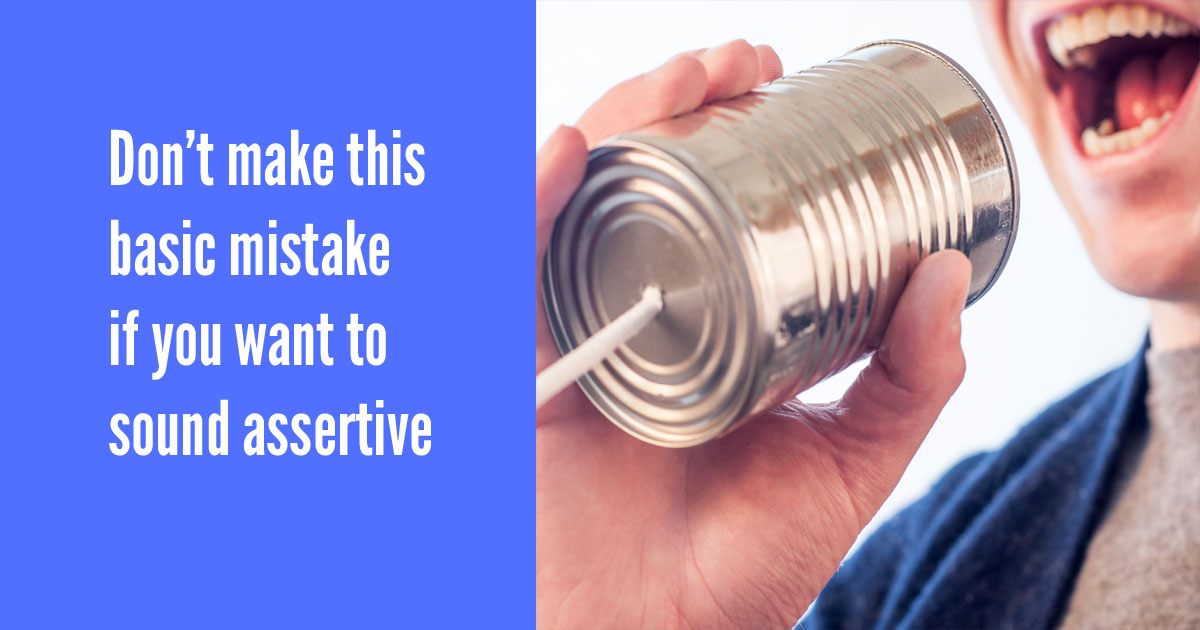Many teachers make one simple mistake…
…that instantly reduces how assertive they sound: they use the word ‘please’.
In this month’s guide, we explain why you should avoid using ‘please’ and switch to a much more powerful (but still polite) way of giving directions.
For those of you looking for the solution, our instant fix for assertiveness is to stop saying please and start saying thank you. So – wherever you would have said ‘please’ in the past, just substitute it with ‘thank you’.
Here’s why it works:
‘Please’ is a request
Using ‘please’ indicates to a student that you are giving them the power to agree or refuse to your request.
For instance: “Can you put the ball away, please?” is a question, to which the student can reply yes or no. The power in the conversation has been passed to the student.
“Put the ball away, thank you,” is an instruction that requires action from the student. It is assertive, but still models politeness. We are stating what we expect to happen – rather than what we would like to happen.
‘Please’ lacks authority
When you say ‘please’, you are telling the other person that you are unsure of the outcome of your request. Your words lack certainty. Children with challenging behaviour will often pick up on this and attempt to exploit it.
By using ‘thank you’, we can leverage a neat psychological trick.
‘Thank you’ tells the student that you are so confident that they will follow your instructions that you are thanking them for carrying them out before they have even acted.
This adds weight and authority to your words.
‘Please’ affects your pitch
We are programmed from a young age to listen and respond to how words are spoken. When we listen to another person speak, we’ve often decided on the intent and meaning of the sentence before the other person has even finished speaking.
When a speaker lilts their voice upwards towards the end of a sentence, it emphasises that they are asking a question or making a request (which sounds unassertive).
When you say the word ‘please’, your pitch will naturally rise to create this effect. This will convert even a strongly worded instruction into a request.
Try saying, “Can you put the ball away, please?” You will naturally use a higher pitch towards the end of your sentence.
Now try saying, “Put the ball away, thank you.” Saying thank you will make your voice drop at the end of the sentence, like a thumping great full stop. You will instantly sound more assertive.

